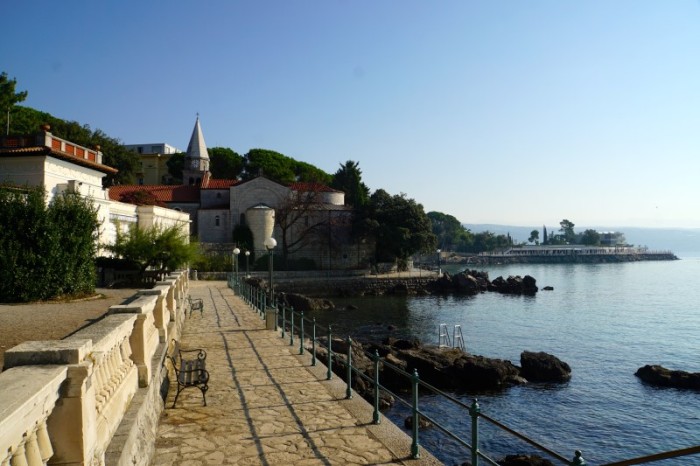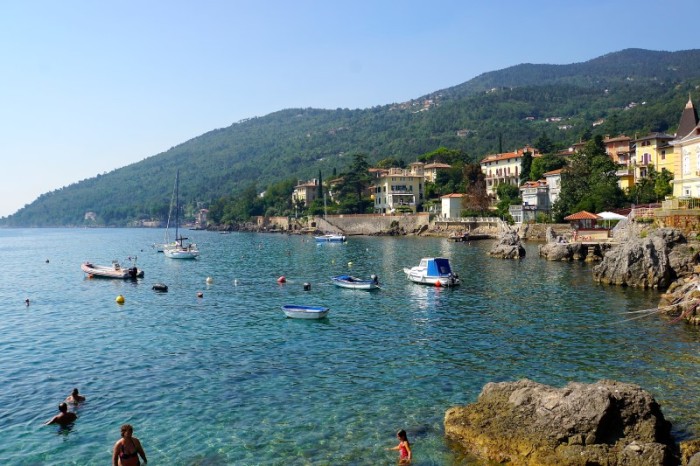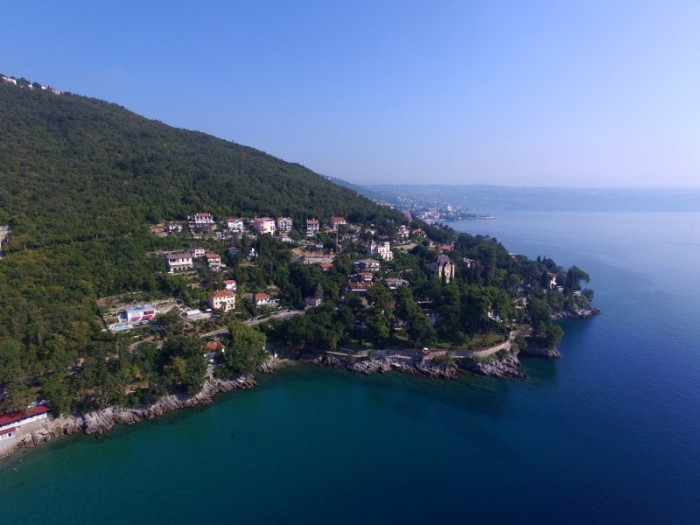Cappadocia…a magical land
19 May 2015 | Cappadocia Turkey The best thing about living part time on a boat is exploring different parts of the...
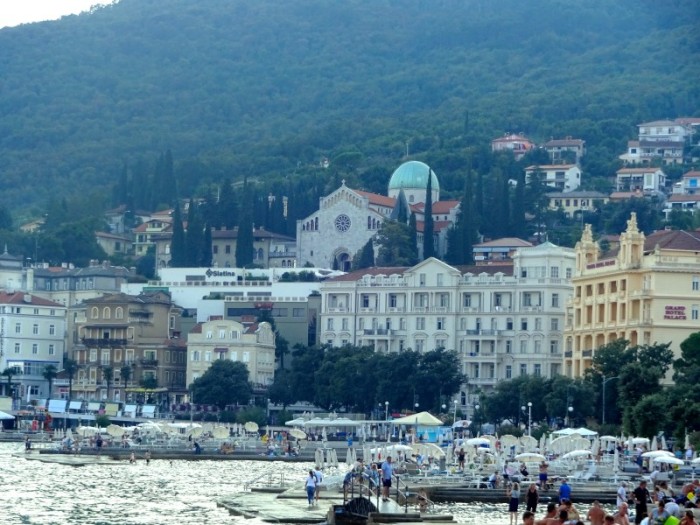
We had just come off some rough weather with exciting maneuvers, so motoring north in flat seas was almost a welcome change. The temperature was cooling. There were fewer boats out. In just days it would be September and the crazy August crowds would be gone.
We had a couple of weeks between guests, so we decided to go as far north in Croatia as we could, and then ride the north winds south again. Our goal was Opatija, one of Croatia’s most popular holiday destinations and a gateway to the Istria Peninsula. In the late 19th century, the small village of Opatija was transformed into one of the classiest resorts in the Mediterranean where the wealthy elite of Eastern Europe (the Habsburg Empire, Scandinavia and Russia) played. Dukes, barons and other aristocrats built opulent villas on the coast, which stretches 25 miles along the shores of the Kvarner Gulf in what is now northern Croatia.
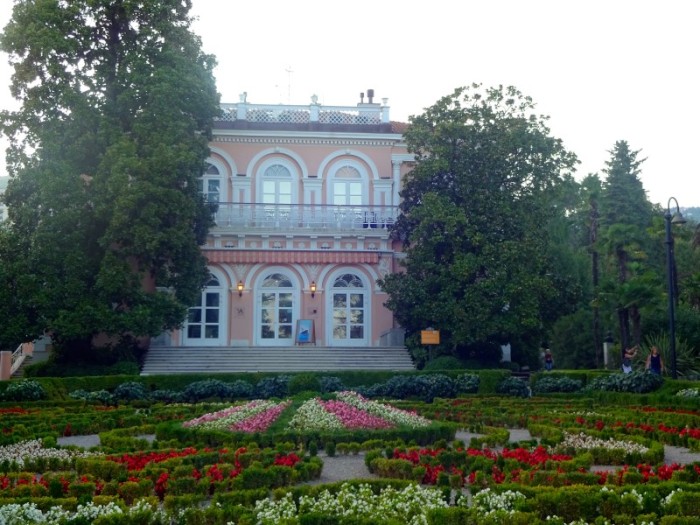
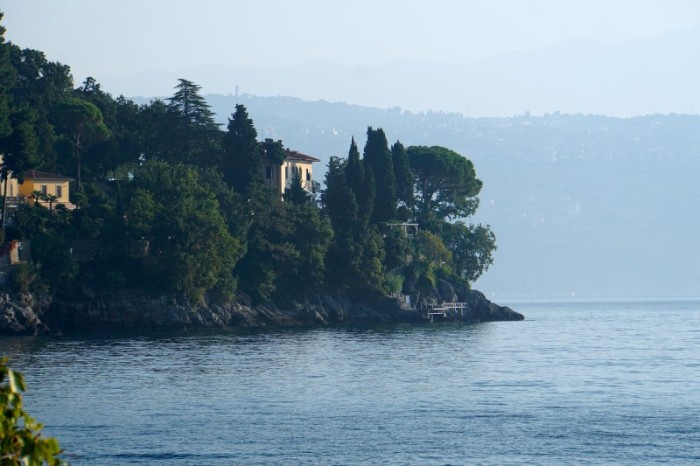
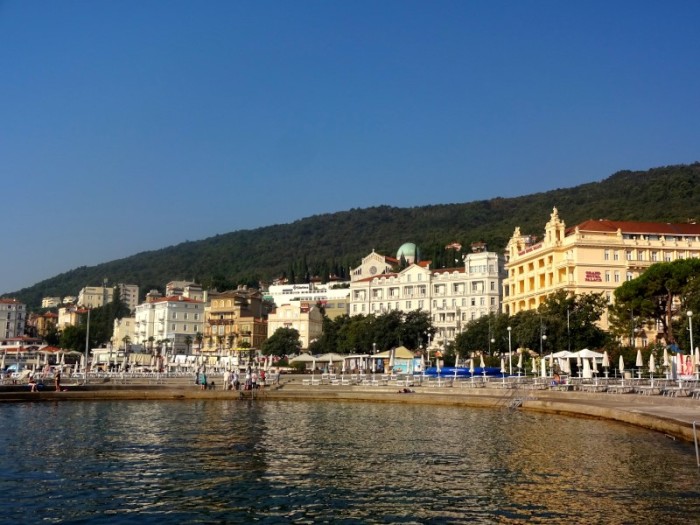
Accommodations for a yacht the size of Berkeley East are limited in Opatija, so we were surprised when the marinara called over the radio telling us to back into the marina and side tie to the large dock.
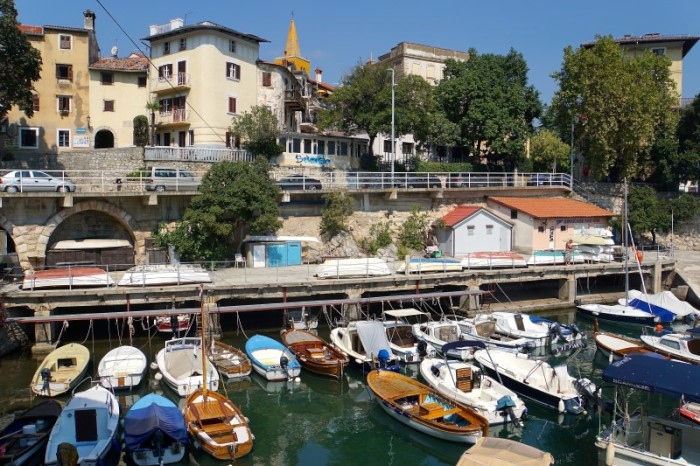
Side tie?
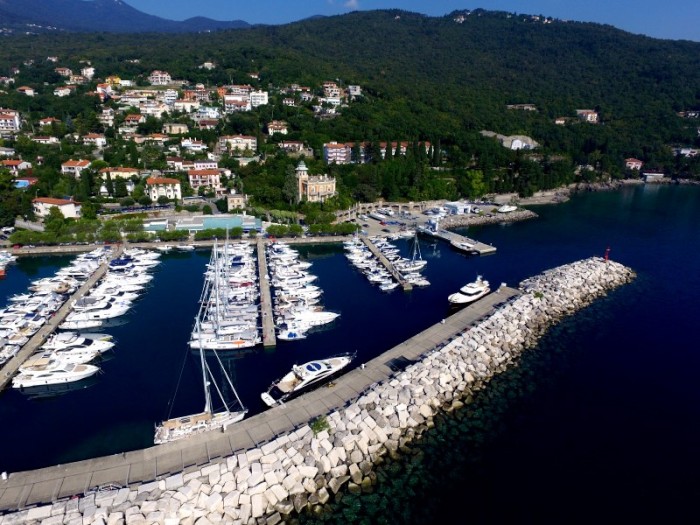
We have been in the Mediterranean for seven years and have side tied in marinas a total of three times including Opatija, (albeit once was sort of by accident). Being from California, side tie was all we knew until we came to the Med where yachts, naturally, Med moor. When Med mooring, you either drop your anchor, or pick up mooring lines and tie them to the bow of the boat, back in between other boats into spaces that are typically half the width of BE and tie the stern of the boat to the dock. This allows the marinas to quarter more boats. Side ties are much simpler, do not require a pasarelle and provide more privacy. And this dock also had a great view. Opatija was already one of our favorite places in Croatia and we hadn’t even left the boat.
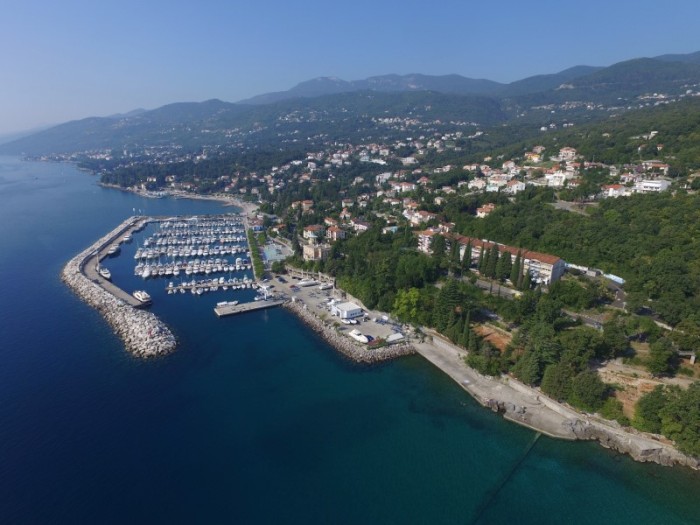
We have been to the Italian Riviera, the French Riviera, even the Greek Riviera, so we were anxious to see what has been dubbed the Croatian Riviera. While nobles may still visit Opatija, the area is now a cross between classic villas, old-world charm, chic modern clubs, and child-friendly swimming areas. In short, Opatija has something for everyone. And while the term “Riviera” has become synonymous with the rich and famous, the actual definition of the word is “popular coastal vacation area,” and that, Opatija was, even with September nearly upon us.
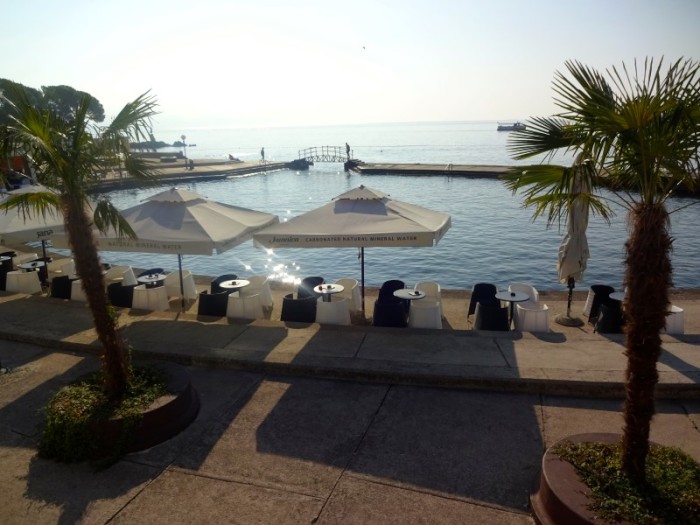
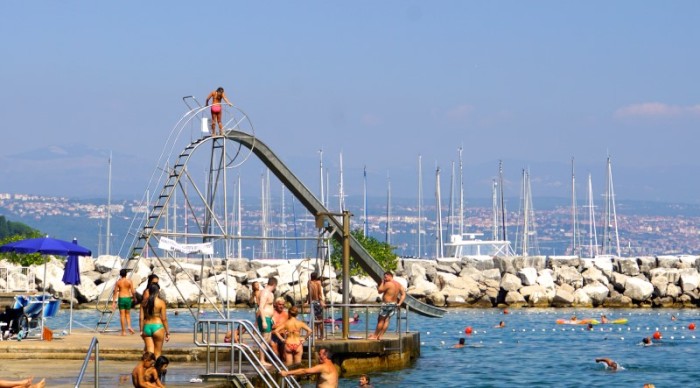
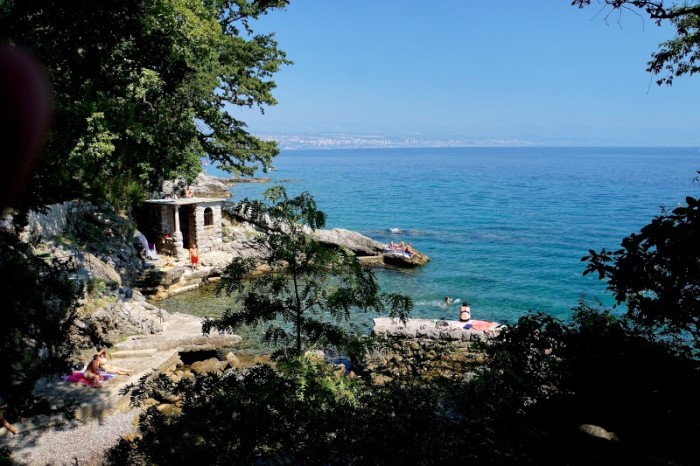

One of the most recognized symbols of Opatija is the Maiden with the seagull, a statue by Zvonko Car. A young girl, clad in a light shift, her palm outstretched to a fluttering seagull, embodies life on the Adriatic – light, breezy, carefree, with a hint of elegance.
The Maiden stands along the Lungomare, the coastal promenade which links the towns surrounding Opatija where Germans, Slovenians, Austrians, Croatians and the odd American cruisers, from a boat called Berkeley East, strolled both day and night.
